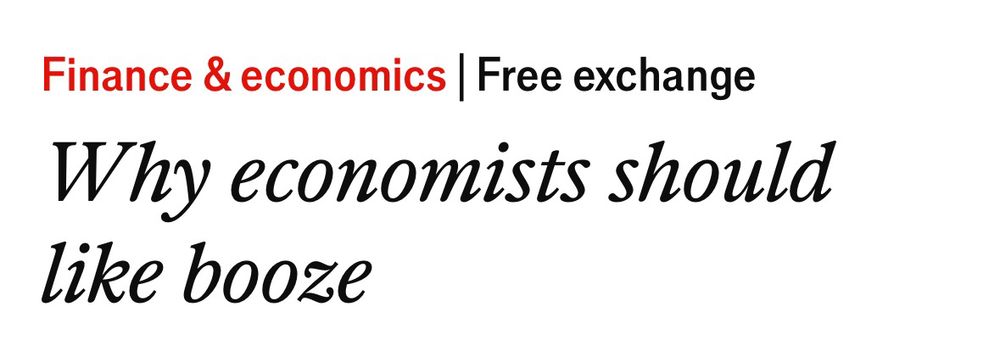Delta’s execs told us this month that the AI-based strategy is *increasing* unit revenues. That really should end the debate on output effects.
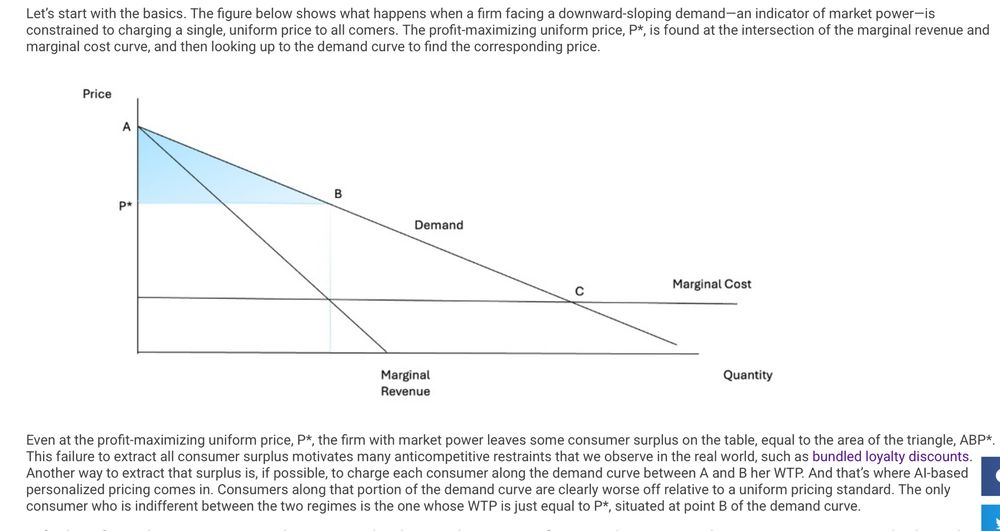
Delta’s execs told us this month that the AI-based strategy is *increasing* unit revenues. That really should end the debate on output effects.

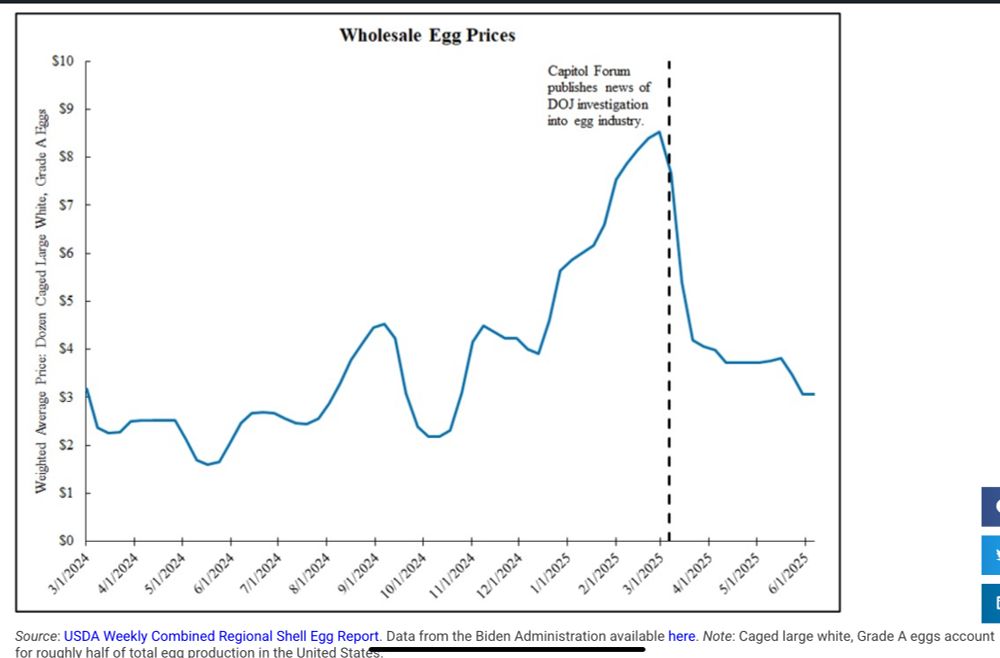
Here are some examples from the Washington Post.

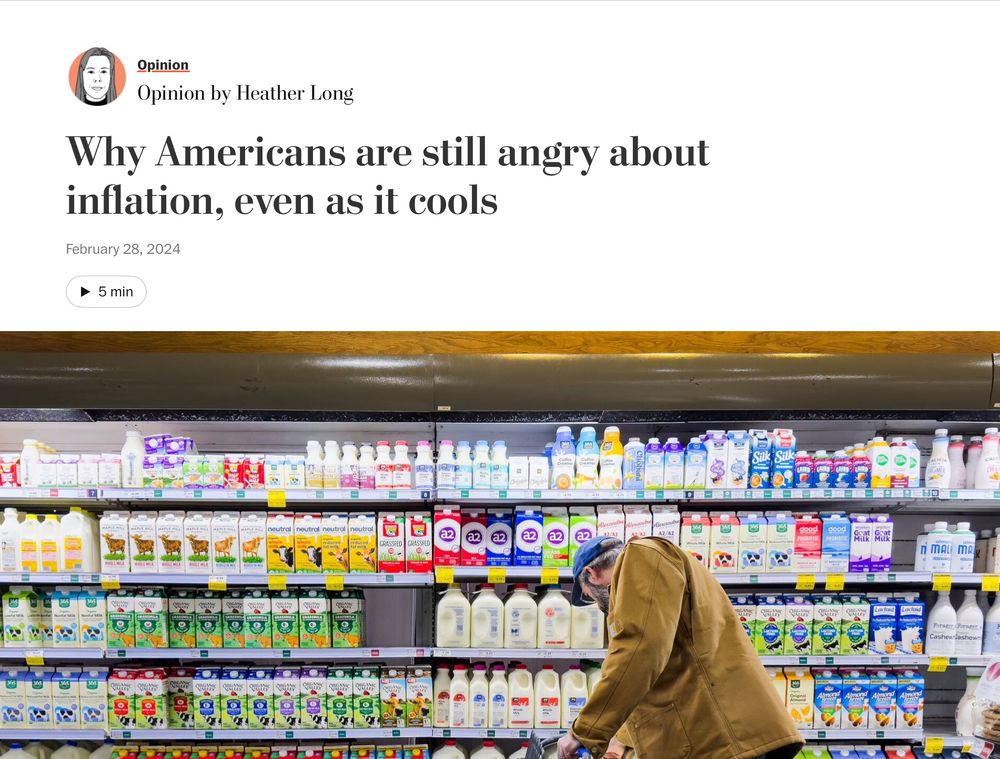
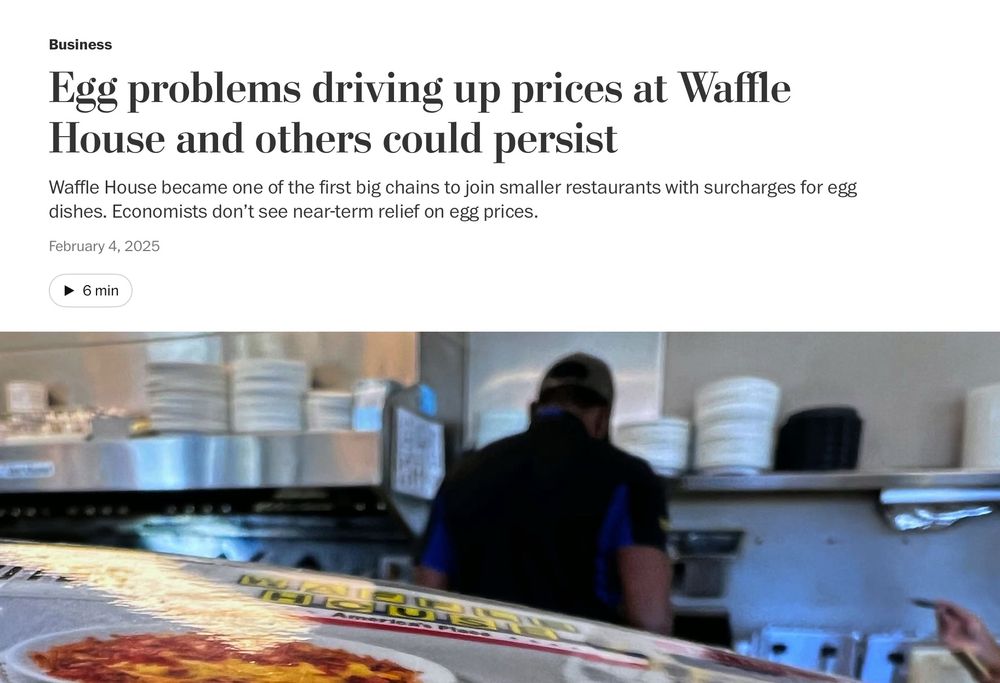
Here are some examples from the Washington Post.















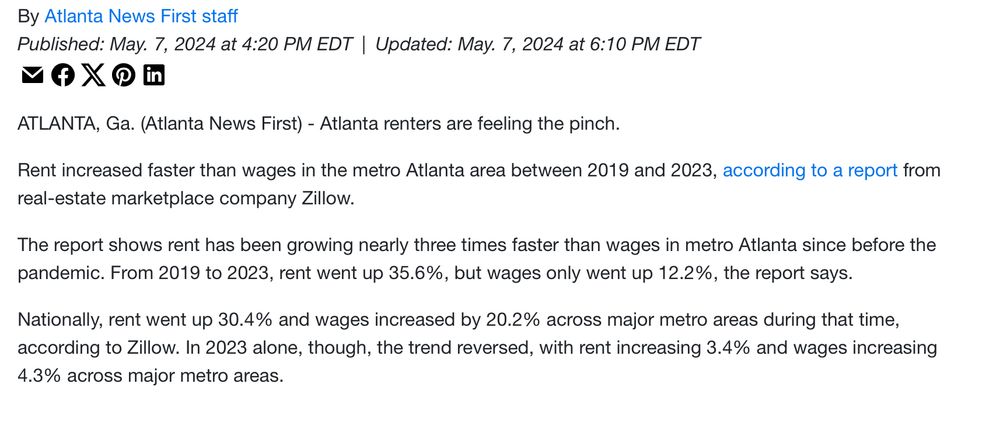


www.whitehouse.gov/wp-content/u...

www.whitehouse.gov/wp-content/u...


www.nytimes.com/2024/12/16/t...



www.nytimes.com/2024/12/16/t...









